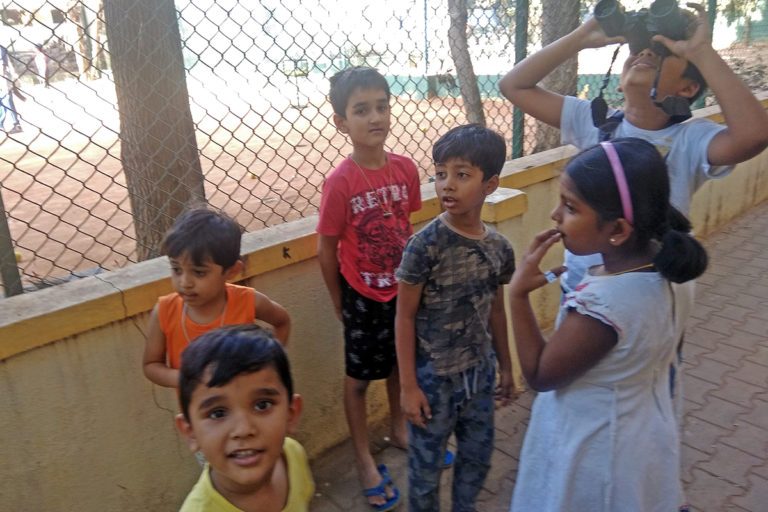The second wave of COVID-19 has hit several countries, including India, where quite a few states have imposed various restrictions to limit the spread of the virus. But a cause for concern for Indian parents is that an increasing number of children are now infected with COVID-19, along with severe symptoms. City doctors have urged parents not to take their children outside and expose them to the virus, as the second wave looks more dangerous than the previous one.
Earlier, the new coronavirus showed very mild or no effect in children. In the second run, however, the virus appears to be very serious for both children as well as adults under 45.
“Many new cases of COVID-19 infections in children are coming in this second wave and the numbers are much, much higher than before,” said Dr Krishan Chugh, director and head of the pediatric department at Fortis Memorial Research Institute, Gurgaon. IANS said.
In most children affected by Covid-19, the location is fever, cough, cold and abdominal problems. Some even complain of body aches, headaches, diarrhea and vomiting.
The World Health Organization (WHO) reported in an October 2020 document that Covid-19 is much less common in children than in adults. Children and adolescents represent about 8 percent of the reported cases (and 29 percent of the world population).
But in the second wave, ‘all age groups of children, even younger than 1 year, are affected’, said dr. Sarita Sharma, pediatrician at PSRI Hospital Saket, told IANS. “With Covid’s new wave, children are more symptomatic,” Sharma added.
The situation is very different from last year for children. “More children are now affected with high fever up to 103-104 degrees Celsius, which is persistent for 5-6 days,” said Dr. Dhiren Gupta, senior consultant pediatrician at Sir Ganga Ram Hospital in New Delhi, told IANS.
“There are few cases that have increased to pneumonia and required oxygen and other respiratory support,” Chugh said.
According to Dr. Gupta, the saving grace is that the percentage of pneumonia in children is less than in adults.
Some children also report worse complications, such as multisystem inflammatory syndrome (MIS-C) – a rare inflammatory condition with persistent fever. It usually occurs 2-4 weeks after the onset of Covid.
According to the experts, mild symptoms in children should not be ignored, and parents should pay attention to symptoms such as diarrhea, breathing problems and lethargy, especially after fever, Chugh said.
Parents should be careful to recognize such problems in children, as early intervention can help a better outcome.
“If the fever persists for 5-6 days, parents should monitor their children’s blood pressure. However, it is not necessary to check their oxygen levels with pulse oximeters, as it is likely that they will experience oxygen saturation. The devices are unsuitable for children, informed Gupta.
While vaccines for children are still being tested and it may take months before they can be tested and can be beneficial for children, the only means of wearing masks is maintaining hand hygiene and social distance.
“Do not take your children out and expose them to the virus. Avoid all possible causes of infections, not even by you,” Chugh said.
Follow our COVID-19 live blog for more updates
